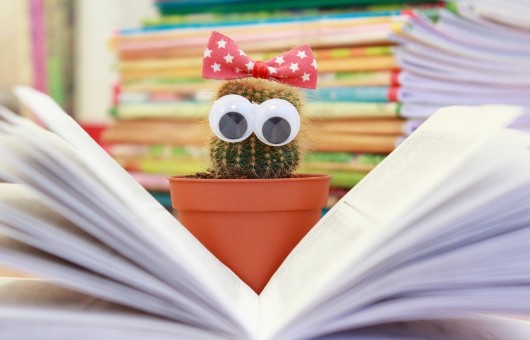Study Skills

There are many different things that may come to mind when you are preparing for college. One question you should be asking yourself is how you will study and be sure to learn what your instructors are teaching. There are several things you can do to ensure that you are studying effectively and learning the materials.
How do I prepare for a test?
Although passing your test is important, it is also necessary to learn the materials so they can be useful to you later on. There are ways you can prepare yourself for a test that will ease any test anxiety you may have, while also ensuring that you learn the material. Below are some things you can do to prepare for a test. To learn more, watch the All About Test Anxiety video.
Avoid Dread - Preparation is the key to avoiding test-related dread. You can prepare for your test by making sure you have sufficient time to study as well as a space to study in.
Don't Procrastinate - Procrastination can increase the amount of stress you endure because you will go into the test unprepared. Waiting until the last minute to try and “cram” the material will not set you up for success. Jumping in and getting started with your studying is the best option!
Manage your time - Make sure you are giving yourself adequate time to study. Think about when and how often you plan to study for your test, and then act on those plans.
De-stress - Take time before your test to relax and de-stress. This can look different for everyone, but take time to do things like deep breathing, visualize your success, meditate, or do yoga. This will lower your stress levels and offer some clarity prior to taking your test.
Get Your Rest - Going into a test exhausted may lead to the inability to focus and may hinder your test-taking abilities. Get some rest before your test to make sure you are in the best condition to ace it!
What is the best way to memorize material for my tests?
There are many things you can do to help you memorize and understand material to prepare for a test. Preparing for a test can look differently for each person, but below are some tips that may help. For further information, please watch the Improving Memory Retention video from Dartmouth University.
Quiz Yourself - As you are going through the material, quiz yourself after each section or chapter. If there are questions or concepts you are not getting correct, it may be worth revisiting that material.
Study in Chunks - Don't try to cram everything at the last minute before the test. Although a marathon study session may seem like your best option, it is much more effective to study in smaller chunks.
Rephrase the Material - Once you've studied a section or chapter of the material, rephrase the concepts in your own words. This will ensure that you have learned and understand the materials and will help you remember them when you are taking the test.
Use Visuals - If creating charts, graphs, or other visuals will help you remember the material, then create some! Organizing materials or concepts into graphs can help categorize information in your mind, which could help with retrieving those memories during your test.
How do I read my textbook?
Although reading your textbook may seem overwhelming, there are ways you can tackle the material and understand the concepts. Learn more in the Reading Techniques Article from Dartmouth University.
Skim - Before you start reading the chapter, scan it over for its main headings, review questions, or summaries. This will give you a good idea of what the chapter is about, and you can begin taking notes.
Read - Read the material keeping the main headings in mind. When you are taking notes, try to keep them organized by concept so they are easier to understand when you are done reading. If you come across concepts you are already familiar with, you can increase your reading speed and move more quickly over the materials. If you come across unfamiliar or new material, slow down your reading speed and be sure to look at any illustrations, diagrams, charts, and graphs included with the material.
Recall - When you are done reading, think back to the main topics you read about. Bring to mind the concepts you learned and try to visualize them. Think about these concepts without looking back through the chapter and do so immediately after reading.
Review - Think about the material you just read and look back through your notes. Look at any questions you may have written down and plan for any concepts you need to work on some more.

